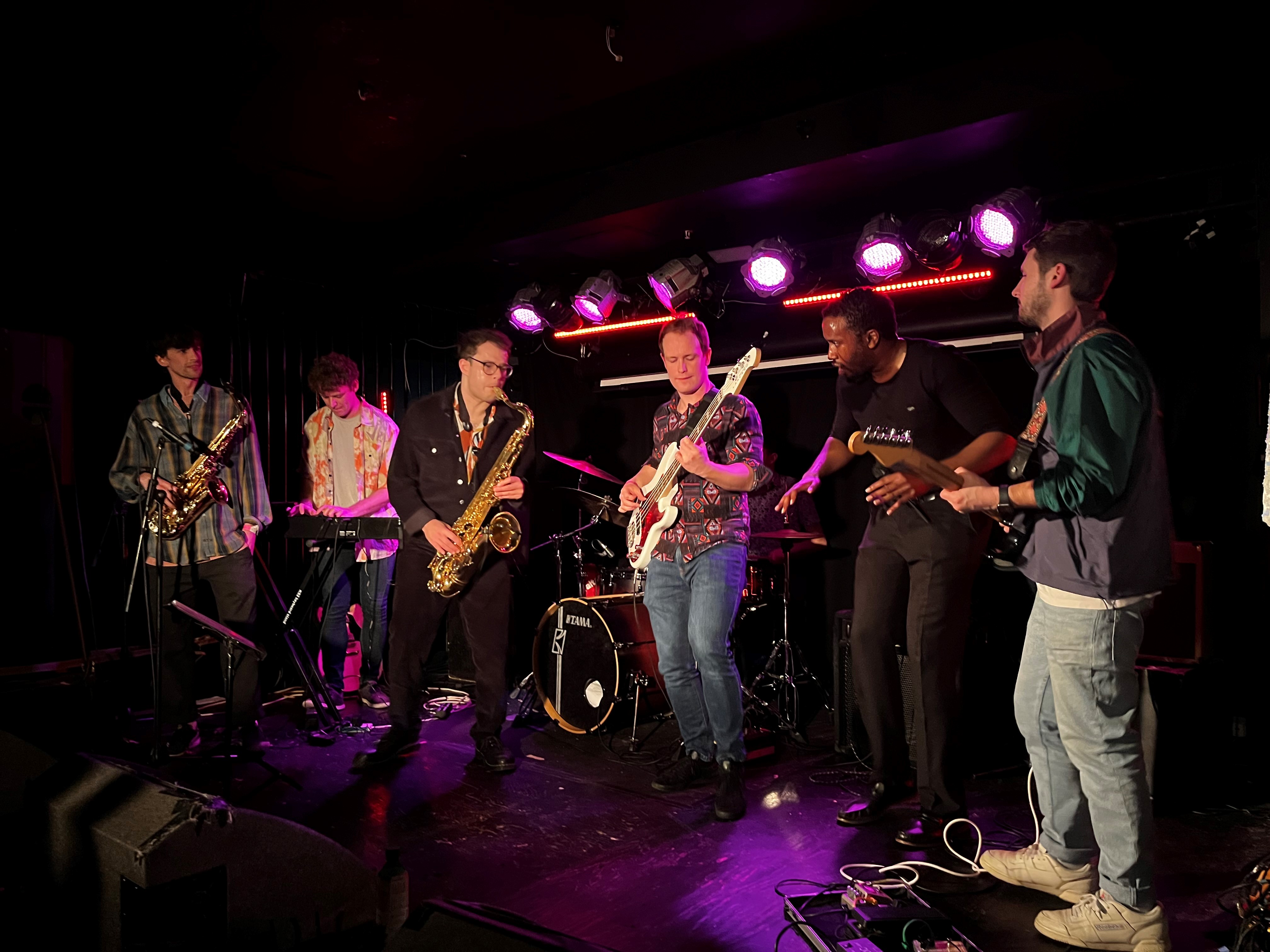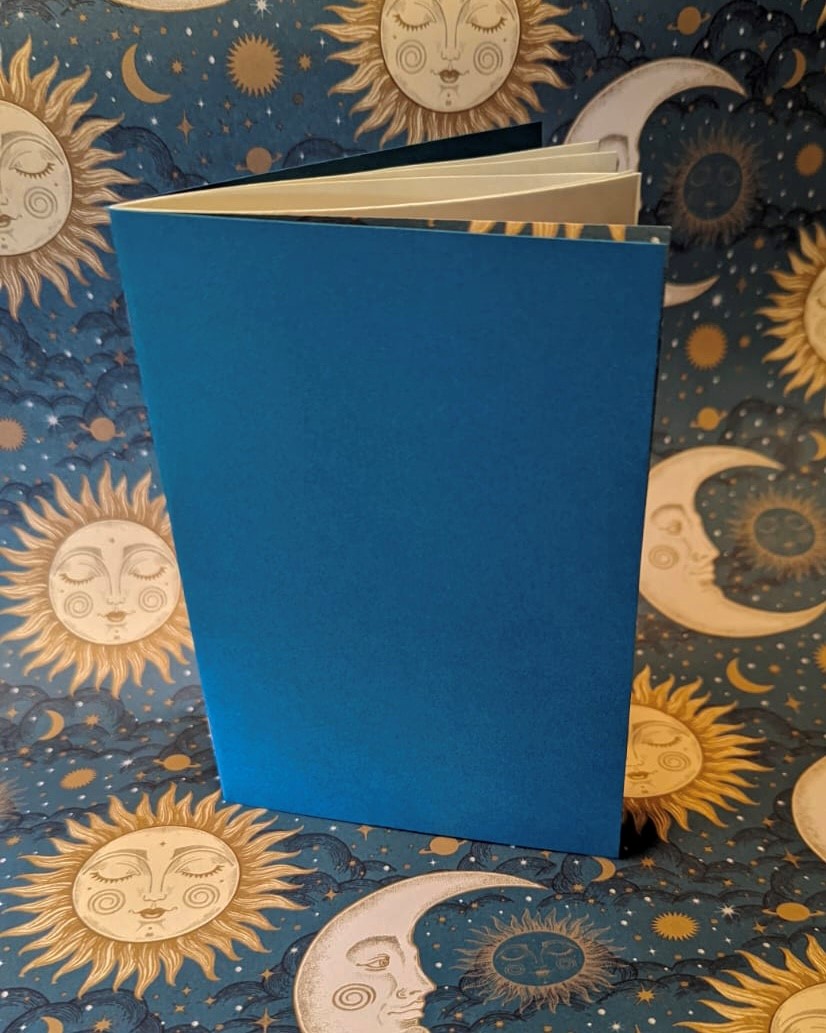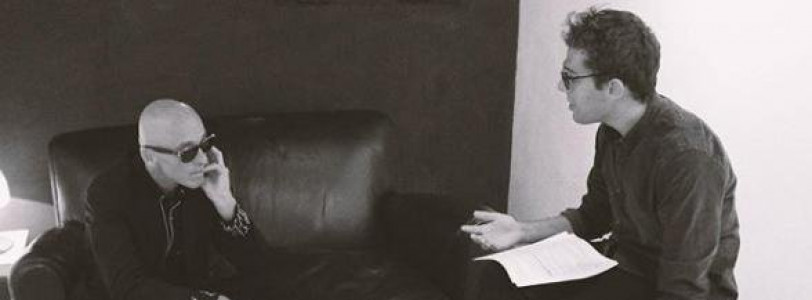Could you first introduce yourself to the reader?
Hello, reader. I’m Jack, lovely to meet you. Ignore the interviewer (I’ll try my best to). It’s really you I want to talk to. Thankfully, the interviewer isn’t actually here to follow up on my genuine, true claim to being the world’s first incompetent polymath, amateur surgeon, and shipless sea captain. I also claim to moonlight as a sometime writer, musician, and amorphous busybody in publishing. Make of that what you will.
What does your job involve? Give us the typical outline of a day?
Sure. I have trouble asserting my credentials as a seafaring idiot surgeon (having never performed or studied surgery, on land or any ocean). Instead I spend my 9-to-5 marketing Bloomsbury’s digital resources. At least until the work picks up, or I find a seaworthy galleon manned by a ragtag crew of swarthy reprobates whose lust for adventure is matched only by their love of doubloons and tricorn hats. For now, I email editors and liaise with librarians. It has its similarities.
What’s great about your job?
I would say the smell of books, but I work in digital. So let’s just say the idea of the smell of a book. Whatever form that takes.
What are the bits you don’t like or find challenging?
My lack of sailing vessel, eye-patch, or doctorate makes it challenging for some people to take me seriously, either in piratical circumstances or in the operating theatre. That said, I’ve met plenty of doctors who don’t perform surgery. Some study poetry instead. So things are really looking up for publishing professionals with imaginary second lives.
As with all jobs, there are bits you prefer more than others. I don’t know anyone who loves admin. But like death and taxes, it is unavoidable.
What are the highlights of your career to date?
Oh, working for Bloomsbury is undoubtably a highlight. (They haven’t paid me to say this – though they do pay me.)
Outside of work you are also a musician and most recently a published poet! Starting with your music, can you tell us about what you play and how you first got started?
I like to think I have redeeming qualities. Poetry isn’t one of them. Initially I wanted to be a guitarist like Jimi Hendrix. My parents bought me a saxophone instead. These days I write poems that mourn, among other things, the unlived life of a hedonistic rock god. SlaphazzardYou now perform with a couple of bands. Can you tell us how that started?
SlaphazzardYou now perform with a couple of bands. Can you tell us how that started?
I play tenor sax for two bands: a funk outfit called Slaphazzard and a psych-tinged garage rock group known as The Higher Planes. It all started because I have an outgoing trumpeter friend called Alice who went through a stint of loaning me out like an office stapler to a bunch of very talented musicians. I did the job, and it clicked. No one’s booted me yet.
Do you write your own music? What is the creative process like?
I co-write with Slaphazzard. The creative process is a breeze. We all agree with each other on everything all of the time. Every riff is touched by the grace of god. Our love is free and boundless… No, I mean of course it’s hard work. It’s collaborative, and that’s how you get the sound you want. Nothing good came easy. Behind the finished article, often a lot of care has gone into it. Not always, but often.
Your most recent achievement is the publication of your first book of poetry. Please tell us about it?
It seems odd to call it an achievement. I wrote the poems to amuse myself during lockdown and I’d have written them whether they were published or not. It just so happens Broken Sleep Books was interested in taking them on. The result is a little, blue-jacketed mistake called Lyrical Ballads. Itsold out in a couple of days and is now on its second print run.
Inside there are poems about misunderstanding, Lewis Carroll, social media, housing, the Thames, mental health, nostalgia, and an old seven-note comedy riff I first heard on Looney Tunes. Some of the poems are illustrated by me. Some poems rhyme, others don’t. I like to think, in my arrogance, there’s some universality to it. You have to convince yourself of that much. Otherwise there’s no point.
Broken Sleep is a fantastic independent publisher of new writing, and I find myself in intimidatingly good company. I’m thrilled Aaron Kent, my publisher and editor, had faith in the poems – enough to print them as part of his Legitimate Snack series. Each copy is hand-printed and part of a limited-edition run. You can buy one here if you like.
What drew you to poetry? And why did you want to get your poems published?
I do it for the fans. And the riches and the glamour. Poetry is famous for riches and glamour. Few poets will admit to it, but I’m all about the money.
I don’t know, honestly. That’s the easy answer. I read lots of poetry. And if reading converts you to writing, then here we are. Spike Milligan was the first poet on my shelf, and he wasn’t even a poet. I’ve been catching up ever since.
Can you explain the publication process?
Submit. Wait months for a reply. Submit somewhere else. Wait some more. Receive a few rejections. Then, if you’re taken on, the tango beings over what you actually meant after all. It’s a process of successive failure followed by scrutiny and clarification. Broken Sleep Books
Broken Sleep Books
I’d recommend submitting to magazines to begin with. Find one you like. Poetry Birmingham, Poetry London and Poetry Wales are all worth their salt. Dark Horse too. Read before you submit.
Do you have a creative role model? Why them?
No, it’s bad business to have a role model these days. It’s like having a Johnny Depp tattoo. I don’t know why you’d put all your eggs in one basket. Nothing good can come of it. Instead I have a long list of brilliant writers I admire. That way, if any of them go off the rails, I’ve got myself covered.
Luke Kennard, Ella Frears, Suna Afshan, Joe Dunthorne, Caleb Femi, Naush Sabah, Dominic Leonard, Seán Hewitt, Lucia Dove. They’re all fantastic writers. I recently enjoyed Sam Buchan-Watts’s Path Through Wood. Jenny Mitchell’s ‘Song for Prison Island’ still haunts me. My friend Tom introduced me to Louise Glück’s ‘March’ the other day. It might have changed my life.
How did you get into an arts job?
With persistence and great difficulty. I began with volunteer work, and it got worse before it got better. Programmes and funding are so important to those who can’t support themselves financially in gaining this vital, often unpaid experience the industry demands.
I was lucky enough to work on a programme at the Pleasance Theatre, where I eventually met Emrys Green, the powerhouse behind Upstart Projects. Through him I came to work part-time for Voice before leaving to join The London Magazine full-time. That’s how I got my foot in the door.
Have you also worked outside the arts?
Bar work and teaching, mostly. I was let go from a sandwich shop after a single shift once. Although I’m yet to find a gig more challenging than refereeing under-11s county football.
Can you describe your biggest challenge so far in your career? How did you overcome it?
Getting a job at a publishing house. I’m tempted to say I did so through sheer pigheaded-ness, but I did accidentally pick up a huge amount of experience along the way.
Have you noticed any changes in the industry? If so, what?
Yes and no. Some progress is being made institutionally, but it’s glacial. Wage transparency is poor. London is still the centre of the universe. Big publishers continue to rely on smaller, independent publishers for their talent. Same as it ever was.
Despite all this, indie publishers continue to show the way forward. Influx Press, Penned in the Margins, Scratch Books, Emma Press, Prototype, Galley Beggar, Broken Sleep. They publish great work. Buy their books. Support independents. They are the culture.
You’ve been granted the ability to send a message to 16-year-old you. What do you say?
Sweetheart, I know you’re trying. But hats are not for you.
Do you have any advice for young people interested in doing your kind of job?
Join a union.
Jack Solloway is a writer from the West Midlands living in London. His poems have appeared in Poetry Birmingham Literary Journal and Poetry Wales; his prose in the Times, TLS, Modern Poetry in Translation, and Review 31. You can buy his debut poetry pamphlet Lyrical Ballads, out now with Broken Sleep Books.









0 Comments